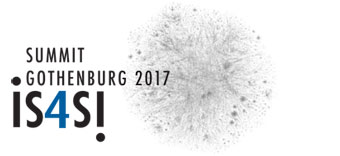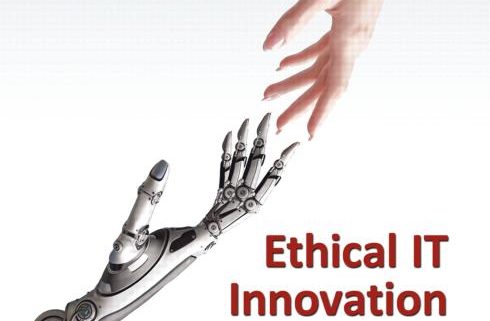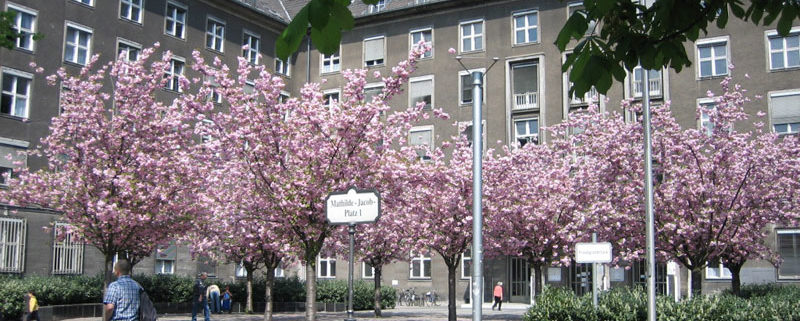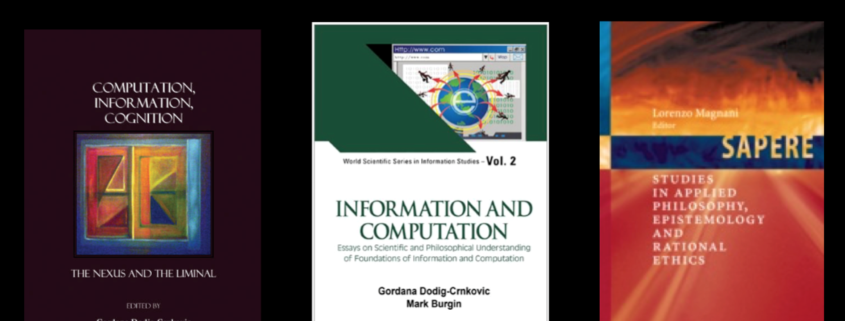Each meeting of the International Society for Information Studies addresses a specific complex of issues, as we are trying to orient focus of variety of communities under umbrella of the society, towards a common theme and try to discuss and exchange thoughts across disciplinary borders. The previous meeting in Vienna in 2015 went under the motto Information Society at the crossroads, while in 2013, in Moscow, the topic was Perspectives of Information in Global Education as a new Approach for the 21st century. 2010 conference in Beijing was devoted to Philosophy of Information and Information Science. At that occasion, variety of loosely bound associations of research communities founded officially the International Society for Information Studies. However, history of associations between diverse communities and individual scholars within information studies is much older than that. Foundations of Information Science, one of our core communities, held its first conference in Madrid, Spain, as early as July 11-15, 1994 – thus more than 20 years ago. This community is still going strong, presenting one of the characteristic constants that in different constellations re-appear year after year.
The stage for the Gothenburg summit is set by the theme of Digitalisation for sustainable society, in light of information, computation and cognition. As our previous meetings, the summit 2017 reflects the moment we live in – a nascent movement of digitalization that has started to radically change our society, globally, in literally all its aspects. It is based on the computing technology (in all its forms, digital and analog, that all now go under the name “digital”), which in its turn is based on information and data processing, which all goes back to cognition and intelligence of a cognizing agent in order to acquire meaning. Digitalization has a potential to fundamentally transform the way we live, our whole civilization and our identities. Often mentioned definition from the Business dictionary: Digitalization is integration of digital technologies into everyday life by the digitization of everything that can be digitised – does not tell it all. Digitization as transformation of everything into digital data is only part of the story, telling that libraries will be digitized and turned into formats easy to process by computers. Sensors of various kinds, controlling variety of processes, from traffic control to health care, education, entertainment, production, monetary flows and government will produce increasing amounts of data suitable for further processing and analytics.
During digitalisation data will be increasingly collected, communicated/exchanged and analyzed in cognitive and intelligent computational ways. We talk about cognitive computing and deep learning as two central and hugely promising fields. Data are atoms of information that constitute intricate web of relationships.
Communities of International Society for Information studies are dedicated to the study of information in its many forms and through variety of approaches. The summit in Gothenburg will provide both an opportunity to meet in plenum addressing “the big picture” by keynote speakers and plenary panels, and exchange ideas about specific topics of interest in number of parallel sessions. We are looking forward to attend a rich programme of Gothenburg summit, and to meet across disciplinary and specialist borders, to learn from each other and to commonly address opportunities and challenges of the data-dirven, information-based era.
Gordana Dodig-Crnkovic, President, International Society for Information Studies









